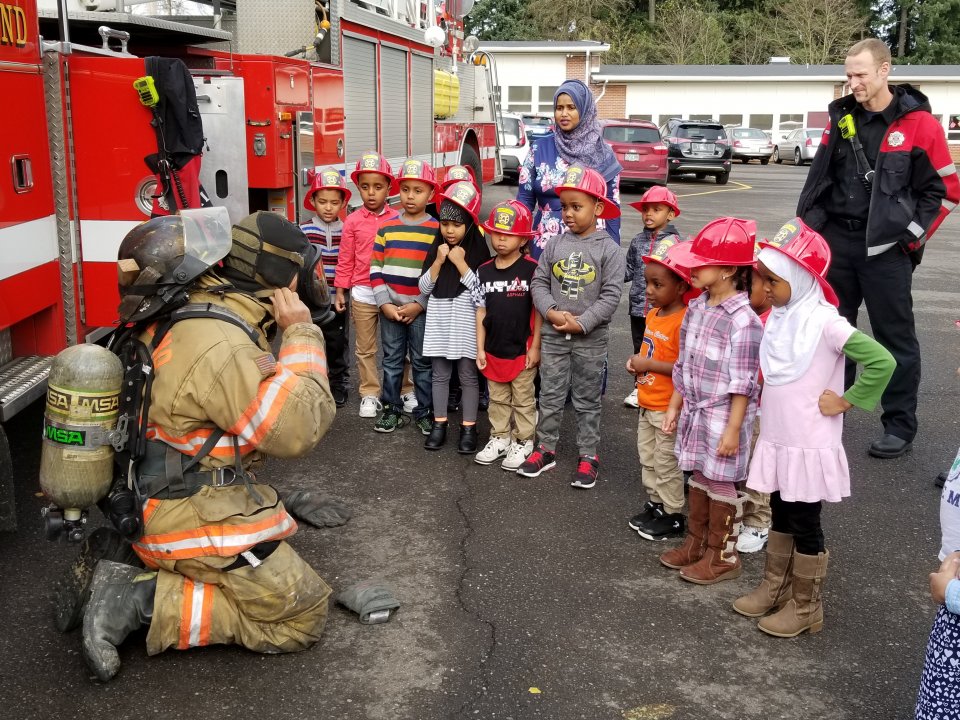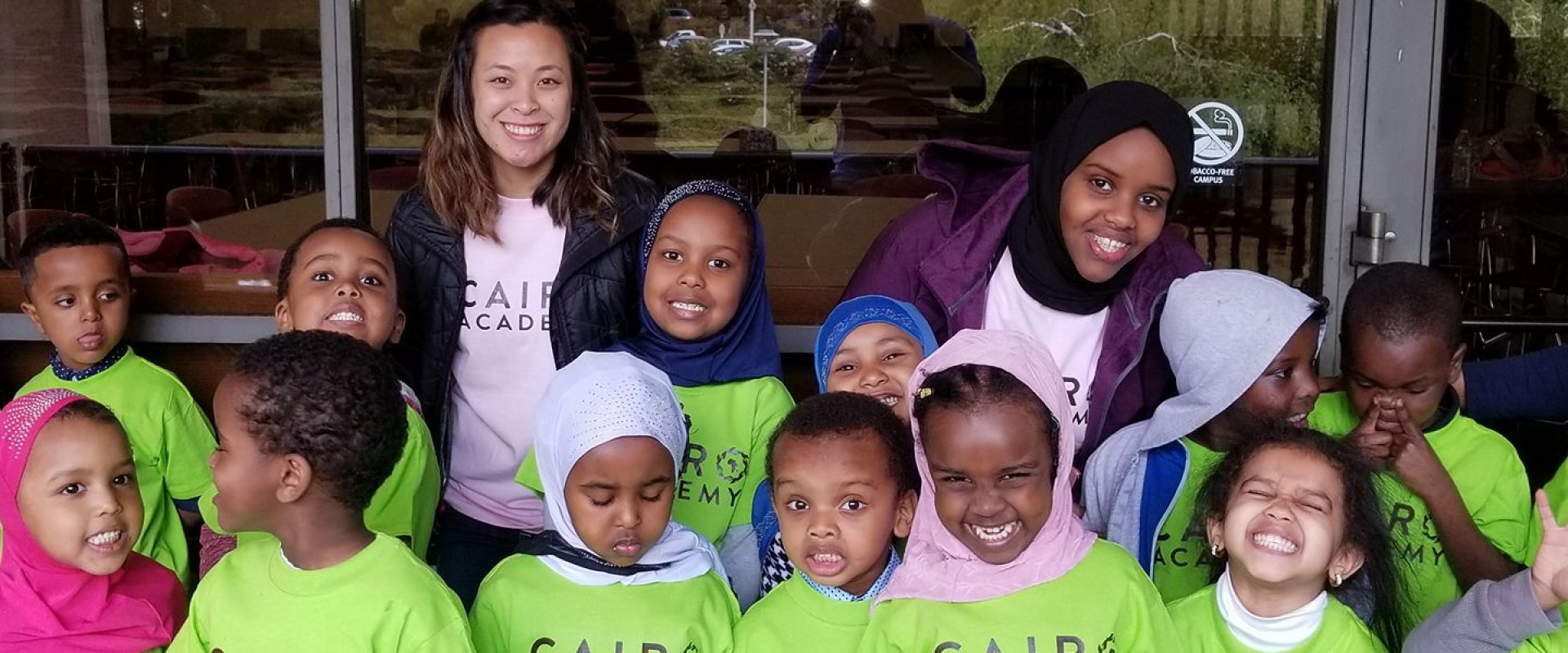Wednesday, Mar. 21, 2018
Part of our work at United Way has been understanding the ways systems (educational; economic; health) do or don’t meet the needs of today’s kids and families. A close and honest look quickly reveals an uncomfortable truth: virtually all of our modern systems have been shaped by a history of structural racism and disenfranchisement. As an example, upon gaining statehood in 1859, Oregon’s constitution barred blacks from living, working, or owning property in the state. Oregon continued to legislate exclusion and even impeded federal progress toward citizenship and voting rights. It wasn’t until 2002 that the state finally expunged racist language from its original documents.
A state built on this kind of foundation doesn’t then build public systems and policies that promote equitable access, opportunities, and outcomes. Rather, our region’s educational, economic, health, and legislative structures were all engineered with one end in mind: to uphold the power of the ruling class. Immigrants and people of color, if they wanted to gain economic or social capital, were expected to abandon their language, culture, and traditions and assimilate into mainstream society.
Today, we express dismay over consistently poor outcomes for our kids and families of color, who also happen to be our fastest-growing populations. These children represent our region’s future workforce, tax base, and economic power. Yet, we ask them to navigate schools designed for middle-class white Americans as well as legislative, health, and housing systems originally engineered to exclude them. We expect kids and families of color to do this without the benefit of their language, culture, or the communities that give them strength.
Let me share a story of how this shows up for one local child and family.
Last week I visited a new early learning program funded by United Way. Staff there told me about Ashkir, a five year old Somali boy whose family came to Oregon a year ago. With the help of another United Way-funded nonprofit partner, Immigrant & Refugee Community Organization, the family found housing and work, and enrolled their children in schools. They felt fortunate to get Ashkir into an early childhood program run by the local school district.
A smart and bright boy, initially Ashkir was excited for his new adventure. Within a couple weeks, though, his parents noticed a change. He didn’t want to go to school any more, was unenthusiastic and often complained of feeling sick. His worried mother joined him at school one day to investigate. She observed him playing with his peers and busy with an array of work and activities. At snack-time, she watched as he was given his serving of fruit, a granola bar, and milk.
Lactose intolerance is common among many immigrants, especially African immigrants. At home, Ashkir’s mother asked him why he was drinking cow’s milk when he knew it would make him sick. He explained that everyone else was doing it and he didn’t want to be singled out. Further, he shared that he didn’t “have the words” in English to explain the situation. Most telling, Ashkir said, “Mama, I can’t tell the white lady ‘No’.”
This is a small example of how our dominant culture systems are missing the mark with our fast-diversifying communities. The American model of assimilation fails to account for the reality of difference. In this case, Ashkir, a smart and energetic little boy was literally being made sick by the system tasked to help him.
Where do we look for solutions? At United Way, we know culturally-specific programs and culturally-relevant approaches work. It’s time to really listen to what our diverse communities are telling us; they’re the experts. Our data reflects strong results when we do: local, culturally-specific programs – those built, staffed and run by the people they serve – achieve significantly better outcomes than traditional mainstream models. Here’s a case-in-point: a recent national study showed that when schools include Ethnic Studies in their curriculum, there is a correlated increase in GPA, attendance and credit attainment (Dee & Penner, 2016).
Culturally-relevant programming isn’t about disassociation from America. It is about building on the resource of language, knowledge, and cultural base. It’s why bi-lingual education has been shown to improve English language acquisition and academic success. By putting culture at the center, quality programs better prepare toddlers to succeed in mainstream schools, help immigrant teens become career- and college-ready and support newcomer families as they contribute to our region’s economy.
A happy ending to Ashkir’s story bears this out. His mother was able to enroll him in the preschool program at the Center of African Immigrants & Refugees of Oregon (CAIRO), launched with funding from United Way. In his new preschool class, Ashkir is surrounded by children and staff who understand his unique needs. Somali-speaking staff support Ashkir’s growth and ensure deep family engagement with the program. Ashkir is happy again and thriving. Next year, he will start kindgergarten at his neighborhood school, and his parents and teachers are confident that he will be ready.
That’s what an inclusive and equitable region looks like.

Today, on March 21 - International Day for the Elimination of Racial Discrimination - we, at United Way, reaffirm our commitment to end racism and continue to lead with equity in everything we do. Learn more.

